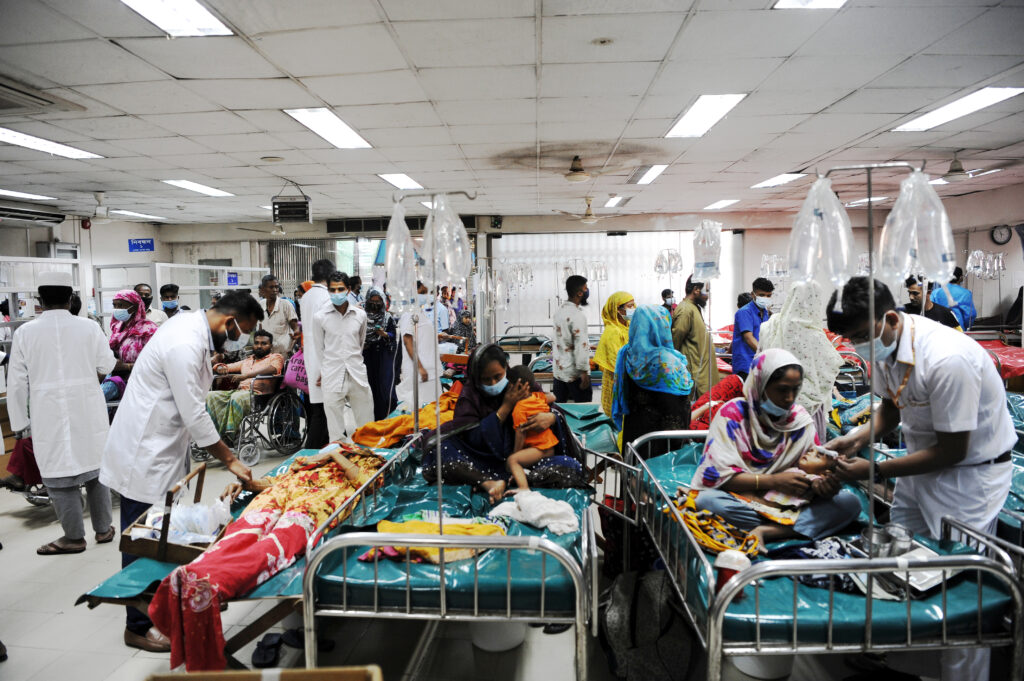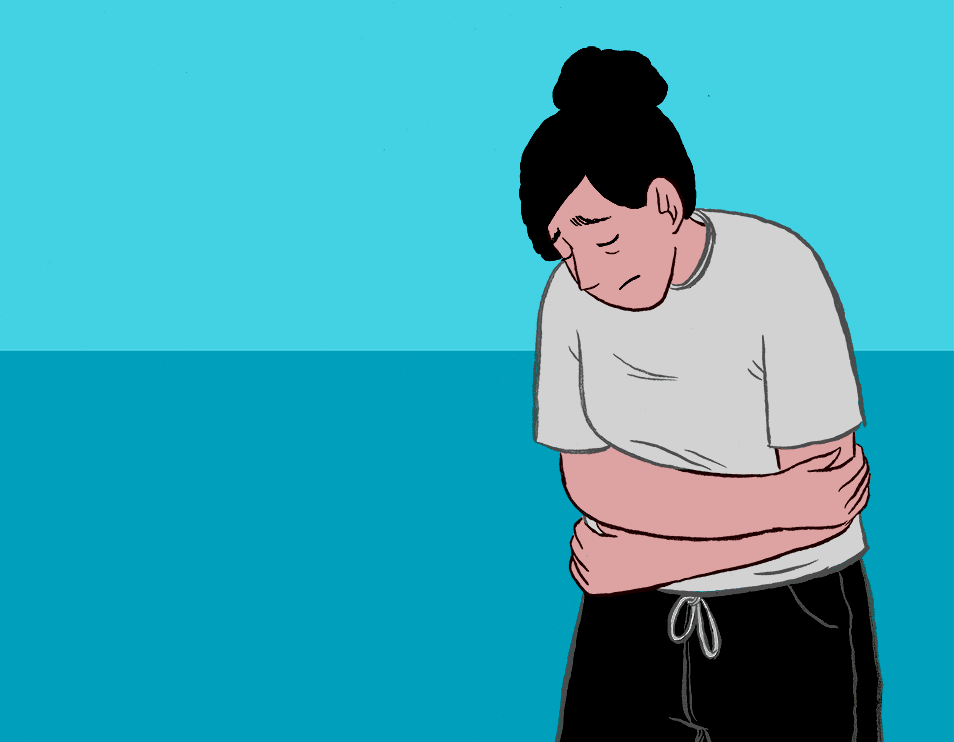Dr. Shuvashish Roy
The fasting month is going on, and public life is unbearable in the scorching heat. This type of hot weather usually increases the incidence of diarrhoea. Hospitals are already seeing an influx of diarrhoea-stricken patients of all ages. When the throat becomes dry in the unbearable heat, the mind becomes anxious to soak the throat with whatever kind of drink is in front of the eyes; in this case, no one pays attention to whether the glass is contaminated or pure, and thus many people are suffering from food and waterborne diseases, especially summer diarrhoea. In the case of waterborne diarrhoea, we must first ensure that the water is disinfected.
What is diarrhoea?
Diarrhoea is usually caused by a virus, bacterial or parasitic infection in the digestive tract. The leading cause of diarrhoea in our country is Rotavirus, sometimes the Norovirus. However, if there is blood in the stool or a high fever, it should be assumed that it is not a virus but a bacterial or parasitic infection.
An unhealthy and unhygienic lifestyle, defecation near and near water sources, improper hand washing, unsanitary food storage, and frequent load shedding are some causes of diarrhoea.
It is possible to stay healthy if you are a little conscious at this time. Our daily water requirement is at least two to three litres this summer. But that water must be pure. The easiest and most economical way to drink water is to boil it, cool it, and store it in a clean container. Many people use filters, but all kinds of germs, including spores, are destroyed when they are blown away. No sherbet or other beverage is sold outside the house, especially on the street.

Complications of diarrhoea
The primary and most recognizable symptom of diarrhoea is the passing of loose, watery stool that occurs three or more times a day. Diarrhoea may also lead to the following symptoms:
• Pain or cramping in the abdomen
• An urgent need to go to the bathroom
• Nausea
• A loss of control of bowel movements
If an infection causes diarrhoea, people may also experience:
• Bloody stools
• Vomiting
• Fever and chills
• Light-headedness and dizziness
What to do in case of diarrhoea?
With diarrhoea, the body quickly becomes dehydrated, and the salt content in the blood varies. Therefore, preventing these two is the primary treatment for diarrhoea.
Primary care
– After every thin stool, according to the age of the food, saline should be drunk.
Two years from birth: 10-20 teaspoons (50-100 ml)
Two years to 10 years: 20-40 teaspoons (100-200 ml)
Ten years or older: As much as you can eat.
– In addition to food saline, coconut water, homemade liquid food such as rice starch, chira water, fresh fruit juice, etc., can be given. However, we should be aware of the effect of fructose on the fruit juice, which can cause the patient’s stomach to swell.
– Normal food should be continued as well.
– Babies who are breastfed will eat breast milk and food saline.
-If there is blood, fever, severe abdominal pain or bite, slippery stool, pain in the chair, etc., with thin stool, antibiotics should be taken as per the doctor’s advice. It is important to note that there is not enough urine. Symptoms of dehydration include decreased urination, cataracts, or dry tongue and skin. If these symptoms occur or you do not get enough saline due to vomiting, you should contact the hospital.
What to do to prevent diarrhoea
– Those fasting after suffering from diarrhoea or recovering must eat more liquid food. Such as coconut water, saline, etc., should be drunk more and more. Fasting people should drink enough water from Iftar till Sehri. This will eliminate dehydration.
-Drinking soft drinks, water, food, etc., on the road should be avoided.
-Rotten food should not be eaten.
-Hands should be thoroughly cleaned and eaten.
-Babies under six months of age should be fed only breast milk and saline.
-If possible, keep the child away from sick people or patients.
-Wash your hands with soap before preparing food, before feeding your baby, and after using the toilet.
-Always use boiled water.
-Bottled milk should be avoided.
-Spoons should be used when feeding young children.

